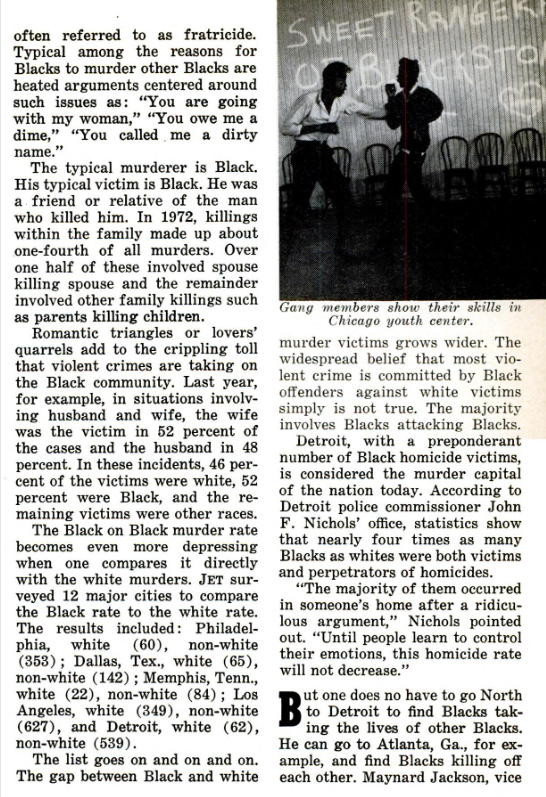What were the Black Codes, and why are they significant in American history? The implementation of these restrictive laws aimed to curtail the newfound freedoms of African Americans post-slavery. They ensured that this demographic remained a readily available and inexpensive labor force. This legal framework was designed to maintain the economic and social structures that had been built on slavery, even after its official abolition.
These codes emerged as a response to the emancipation of enslaved people following the Civil War. In 1865, Black Americans anticipated that freedom would bring genuine equality and opportunities. However, Southern states enacted Black Codes to undermine these hopes. These laws imposed severe limitations on African Americans' rights, including restrictions on employment, movement, and property ownership. Such measures effectively perpetuated systemic racism and laid the groundwork for Jim Crow laws, which enforced racial segregation well into the 20th century.
| Full Name | Dennis M. Rome |
|---|---|
| Date of Birth | [Date] |
| Place of Birth | [Place] |
| Education | Bachelor's Degree in Criminal Justice; Master's Degree in Public Administration |
| Professional Experience | Crime Prevention Association of Philadelphia; Community Leader |
| Notable Achievements | Advocacy for minority rights; Research on minorities and crime in media |
| Publications | Minorities, Media and Crime: Mass Media's Creation of the African American |
| Reference Website | Curriculum Vitae of Dennis M. Rome |
The impact of such historical injustices reverberated through subsequent generations, influencing modern perceptions of race and crime. For instance, Dennis M. Rome's work highlights how mass media constructs narratives about African Americans and crime. His research underscores the role of media in shaping public opinion and policy, often reinforcing stereotypes that disadvantage minority communities. This perspective is crucial when examining contemporary issues like the war on drugs, which disproportionately affects Black and brown populations.
Launched fifty years ago, President Nixon's declaration of a war on drugs has led to the imprisonment of millions of Black Americans. The harsh penalties associated with drug offenses have contributed to the prison industrial complex, where incarceration rates for people of color are alarmingly high. Unlike today's approach to opioid addiction as a public health issue, the violence affecting major cities and working-class Black communities during the war on drugs era was treated primarily as a criminal matter. This disparity in treatment reflects deeper societal biases that continue to influence law enforcement and judicial practices.
In another context, organized crime in Rome serves as an example of how criminal enterprises can thrive under specific conditions. The Banda della Magliana, one of Rome's most powerful criminal groups during the 1970s and 1980s, operated with considerable impunity. Their activities included extortion, drug trafficking, and political corruption. The recent crackdown by Italian authorities demonstrates that organized crime remains a significant threat, challenging the notion that Rome is free from such influences. Investigations into this network reveal connections between criminal organizations and legitimate businesses, highlighting the complexity of addressing transnational crime.
Efforts to combat misinformation, disinformation, and hate speech are increasingly important in today's global landscape. The United Nations Interregional Crime and Justice Research Institute (UNICRI) offers a summer school program addressing these challenges. Held in a hybrid format between Rome, Italy, and online, this initiative aims to equip participants with tools to counteract harmful narratives. Given the pervasive nature of digital communication, understanding how to identify and mitigate false information is essential for maintaining social cohesion and trust in institutions.
Reconstruction-era violence further illustrates the struggles faced by African Americans seeking equality. Documenting these incidents provides critical insights into the obstacles encountered during this period. Despite formal emancipation, violent acts against Black individuals persisted, often sanctioned or ignored by local authorities. This pattern of injustice reinforced the marginalization of African Americans and hindered their progress toward full citizenship rights. Recognizing and addressing this history is vital for fostering reconciliation and promoting equitable policies today.
Throughout history, various factors have converged to shape the experiences of marginalized communities. From the oppressive Black Codes to modern-day challenges like mass incarceration and organized crime, systemic inequalities persist. Addressing these issues requires acknowledging past wrongs while implementing reforms that promote justice and fairness. As society continues to grapple with these complexities, informed discourse and collaborative efforts will be key to achieving meaningful change.



